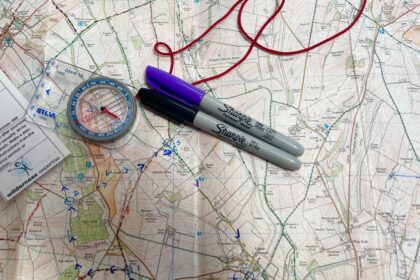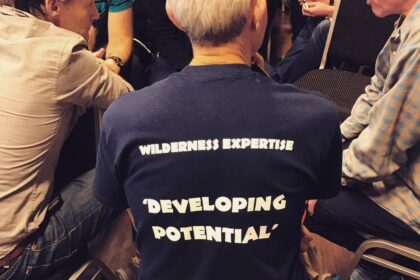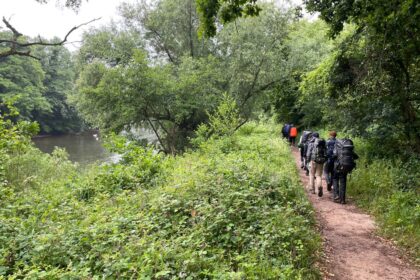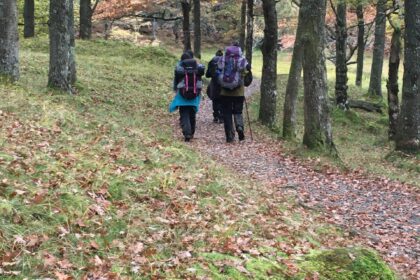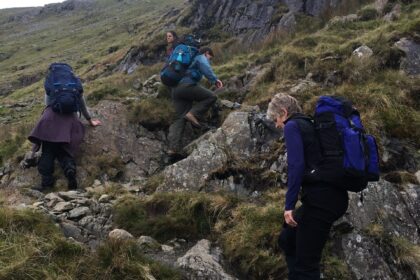- Transparency in our risk management practices: We are open about the company processes, risk assessments and decisions.
- Informed decisions by participants and their parents/guardians: We can’t reduce risks to zero but we can ensure participants and their parents/guardians understand the risks, mitigations and residual risk on our expeditions.
- Use of competent expedition leaders: A well-planned trip relies on dynamic decisions in the field. Therefore the judgement of our expedition leaders is a critical control. We work hard to get the best leaders with an aligned approach.
- Personal involvement by the company Directors in assuring both the overall process and each expedition.
The planning process is overseen and verified by the Directors. A key stage is the final assessment by the expedition manager, business manager and Directors that the expedition is operationally ready to go.

